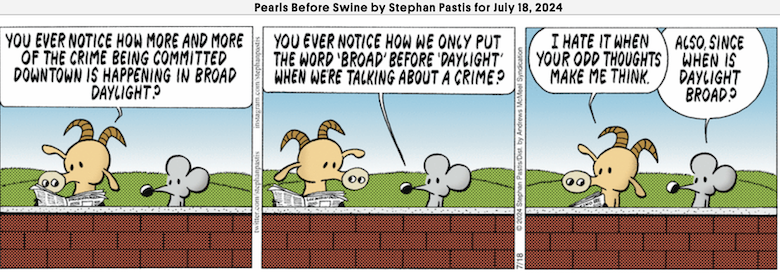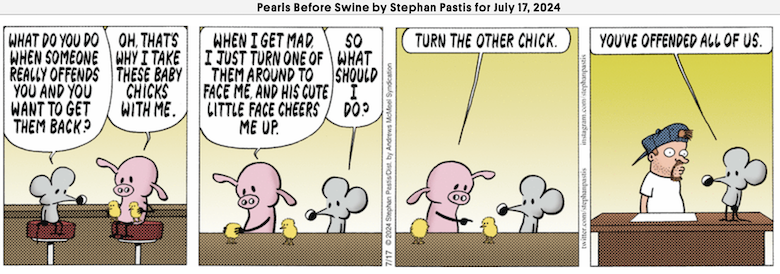With Joe Biden’s exit, suddenly the presidential election process gets a major shot of adrenaline. The attention immediately shifts to the process of the Democrats selecting another nominee at its convention in August 19-22 in Chicago. A party’s nominee is always selected at the party convention by a majority of delegates although due to the primary process, almost all the delegates are committed to specific candidates even before the convention starts and so there is little suspense. In this case, Biden already had a majority of delegates. With his exit those delegates become free agents and the process becomes wide open, although the process of finding a new nominee is fairly straightforward.
On the first ballot, a winning nominee would need to secure the votes of a majority of Democrats’ roughly 4,000 pledged delegates. If no candidate won a majority on the first ballot, Democrats would continue on to a second ballot, in which so-called “superdelegates” would have an opportunity to vote.
Superdelegates are mostly senior Democratic party leaders, and they would go to the convention not pledged to any candidate. With the roughly 700 superdelegates added to the voting pool, the winning candidate would then need to secure about 2,300 delegates to capture the nomination.
Although superdelegates would make up a relatively small share of the delegate pool, they could play an important role in choosing the nominee. Their support for a particular candidate would speak volumes and could sway fellow delegates.



